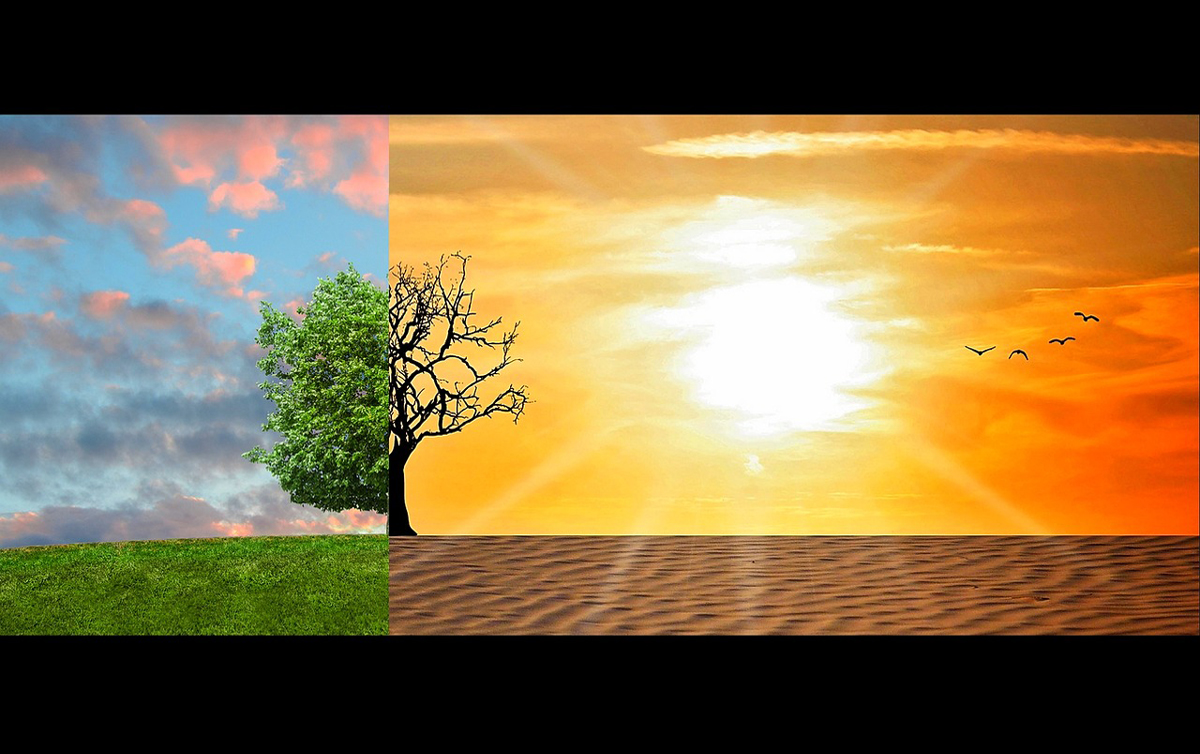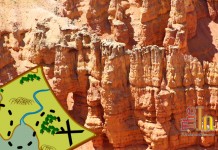
Letter to the editor: What are we doing to prepare for climate change?
The IPCC just released its new report on climate change. It details a very, very scary future if we don’t start to curb climate change now. If you’re not concerned yet, you should be. In the scorching reality of climate change, Utahns need to face the harrowing fact that it’s only going to get worse from here, but this doesn’t have to be the end of us.
The main story doesn’t change — the rapid and excessive use of fossil fuels pollutes our air, contributes to the greenhouse effect, which warms the air, which changes weather patterns, which adversely affects those ecosystems unused to climate shifts, and so on. We’ve heard it all before. It’s a dreary matter to consider our polluted world — it causes one to experience denial, guilt, and grief. Even the most proud consumer can feel the burden of climate change. What lacks significantly in these climate musings is a discussion about what people are doing right now to prepare for these inevitabilities of a changing climate. Not all is lost!
Consider the term “resilience.” It is the ability of something to bounce back into its initial state after a stretch, pull, tug, or other action that takes it away from that state. Much like a resilient material, communities take on these same characteristics and will need to bolster themselves in order to maintain their current way of living.
All around Utah, there are citizens who understand what’s to come, who are gathering up their strength in their resiliency, and who are preparing for the worst. In fact, there is a project and website that works on tracking these community creations that are countering the adverse effects of climate change. The organizations on the map are there to help us as Utahns be better prepared for our changing climate. The best thing we can do is help ourselves by making our communities more resilient when the climate comes a-knockin’ and it all starts with knowing where to go and what to do.
Check out the Utah Resilience Map to see which community effort best matches your interests. For me, I’ll be focusing on clean energy efforts to limit our use of fossil fuels, something that I see as the most mitigating effort of combating climate change.
The viewpoints expressed above are those of the author and do not necessarily reflect those of The Independent.
How to submit an article, guest opinion piece, or letter to the editor to The Independent
Do you have something to say? Want your voice to be heard by thousands of readers? Send The Independent your letter to the editor or guest opinion piece. All submissions will be considered for publication by our editorial staff. If your letter or editorial is accepted, it will run on suindependent.com, and we’ll promote it through all of our social media channels. We may even decide to include it in our monthly print edition. Just follow our simple submission guidelines and make your voice heard:
—Submissions should be between 300 and 1,500 words.
—Submissions must be sent to editor@infowest.com as a .doc, .docx, .txt, or .rtf file.
—The subject line of the email containing your submission should read “Letter to the editor.”
—Attach your name to both the email and the document file (we don’t run anonymous letters).
—If you have a photo or image you’d like us to use and it’s in .jpg format, at least 1200 X 754 pixels large, and your intellectual property (you own the copyright), feel free to attach it as well, though we reserve the right to choose a different image.
—If you are on Twitter and would like a shout-out when your piece or letter is published, include that in your correspondence and we’ll give you a mention at the time of publication.
Articles related to “Letter to the editor: What are we doing to prepare for climate change?”
Utah’s legislature is first among conservative states to officially recognize climate change



